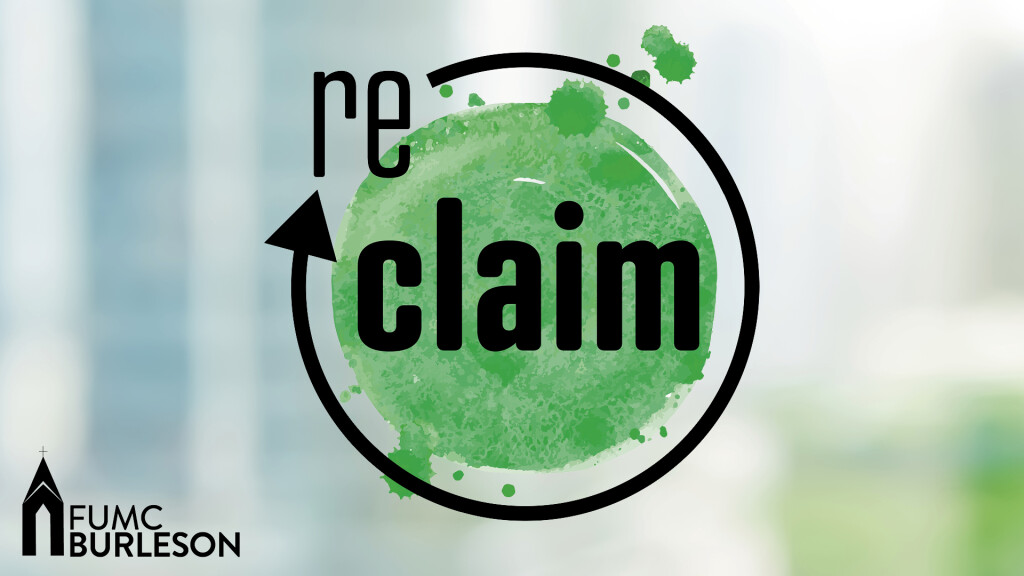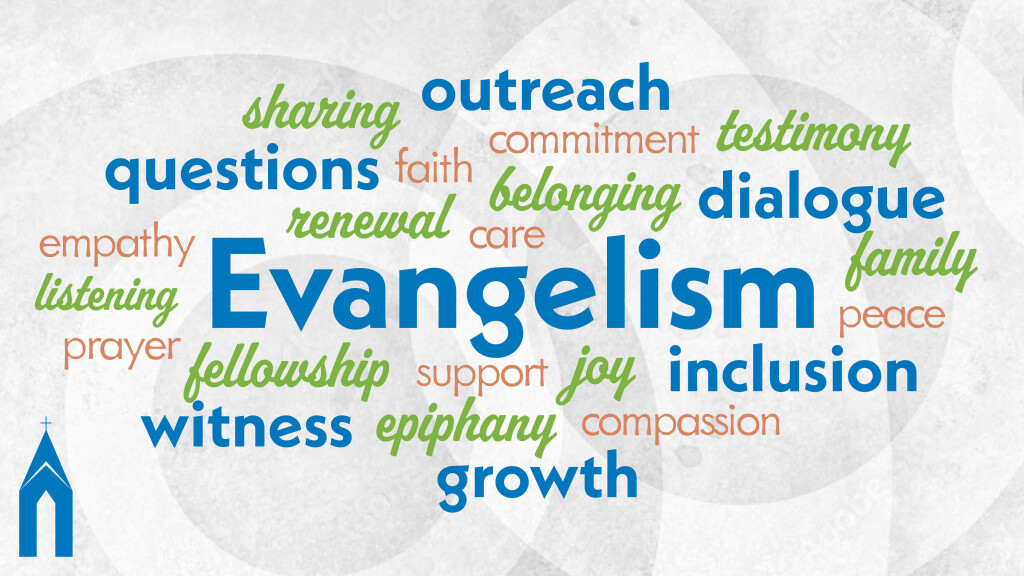
Sermons
Current Series
Grateful for God's Grace


Freedom
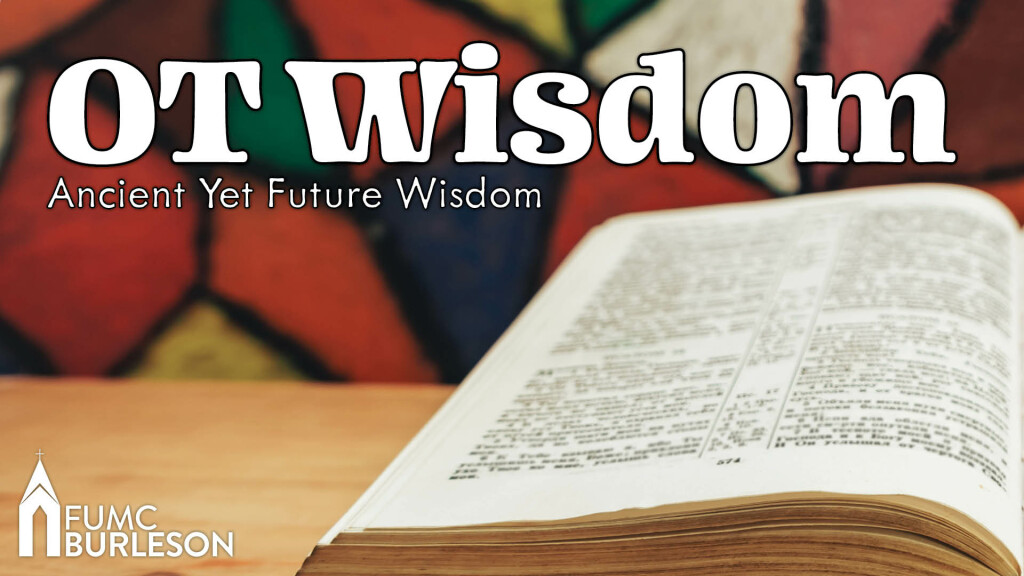
OT Wisdom
* "Tell me and I’ll forget; show me, and I may not remember; involve me, and I’ll learn."
* "The best things in life are free."
* "Wise men may be learned. Learned men may not be wise."

Real Life Kids Stories
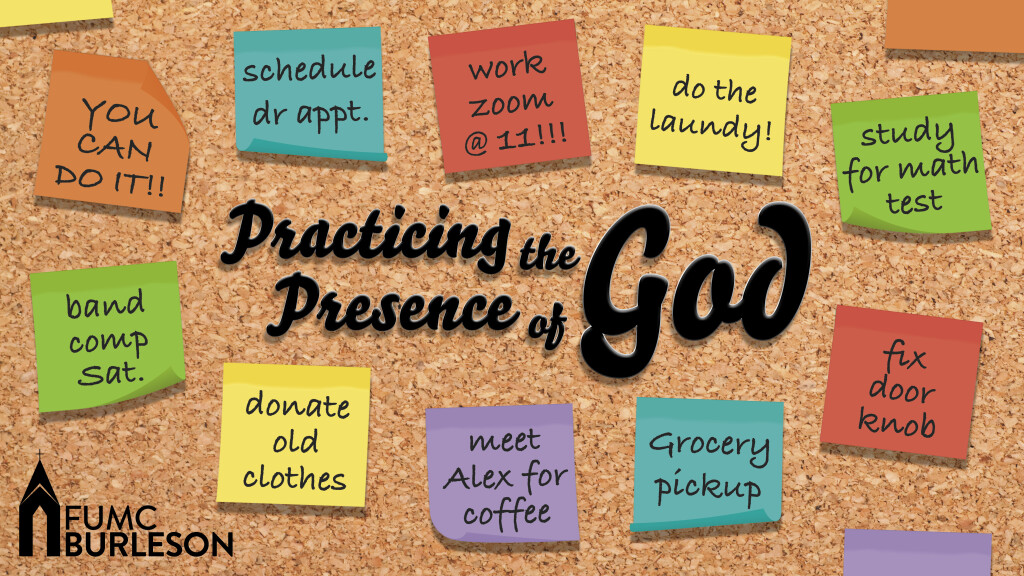
Practicing the Presence of God
If you’ve been around churches and Christians, you’ve probably heard the phrase “the presence of God” in some way, shape, or form. This foundational phrase evokes the sense of connection and communication that God desires with each person. But, sometimes, our expectations can interfere. Is it a feeling? A set way of worshiping or praying?
When we face hardships, busyness, distractions, or other circumstances, experiencing the presence of God can seem unattainable or even unrealistic! Perhaps we feel unworthy, ashamed, or even just unsure about what to do.
What if, though, it’s not as complicated as we may think?

In This Family We...
Family is an important part of life, whether it’s family by relation, by choice, or as part of a larger community. It can give us deep connection and an unparalleled sense of belonging, but it can also be very complicated. Sometimes family brings out the best in us, but other times it brings out the worst.
During the month of February, we’ll be examining different facets of family in our new worship series, “In This Family We…” Navigating family dynamics can be challenging at times, but God is in the midst and is ready to help us, if we let Him.
Whatever your experience with family is or has been, we invite you to join us for good conversation about how we can grow in our relationships, both with our relatives, our friends, and our community.

It's Time
I have often thought that those who wear a digital watch really are those who need to know what time it is and those who wear an analogue watch are those who need to know how much time they have left. At least, that is how I have been about what type of watch I wear. How many times a day do you check your watch or your phone? Does it depend whether or not it is a work day or a weekend? Do you feel yourself always wondering, “How much time until….?” Does time really matter to you at all? Or maybe, as the new year approaches, you are feeling like it is simply time to do something! Perhaps you are tired of a habit, a way of life, a thought pattern, or something else that makes you finally stop and say, “IT’S TIME.”
As we stride into 2022, we will look at some things that could conceivably alter the way you live into this new year. We won’t concern ourselves with diet plans, or exercise strategies, or things that we hardly ever succeed at in any way. Let’s take a deep dive into how we exercise our spiritual life. Let's take a deeper look into those things that nourish our souls. Let’s talk about how we might transform our lives in a way that might make an eternal difference.

Come Darkness, Come Light
Images of light and darkness are common and meaningful themes in the Bible. In the very opening lines of the Bible, we find these two forces in play, seemingly pitted against one another. But in the end, light overcomes the darkness. In our world, we might think of darkness as evil, scary, painful, and void of joy and hope. None of us like the thought of being in the dark, left alone to deal with darkness, or experiencing spirituality, what some have called the dark night of the soul. The reality is that darkness is simply the absence of light. So how do we maintain light so that we have no darkness? Or is darkness necessary so that we appreciate light?
As we begin our journey into the four weeks of Advent, preparing for the celebration of Christmas, the coming of light into the world in the form of the Christ-child, we will explore darkness and light in ways that help us prepare to celebrate the birth of Christ, or as the Apostle John writes, “the light that shines in the darkness.” John 1:5a
You are probably decorating your house with lights this season. Perhaps you are adorning your Christmas tree with lights of a variety of colors. If you have a mantle, maybe you have placed lights there also to help bring in the light of the season. However you choose to light up your house, don’t forget to invite the Holy Light into your home, your family, your soul, and yes, even into those darkest of places that fill all our lives.

Feed My Sheep
And how do we care for these sheep?
Do we get to decide who the sheep are and how we care for them?
How do we move past the transactional and take the time to listen and walk alongside?
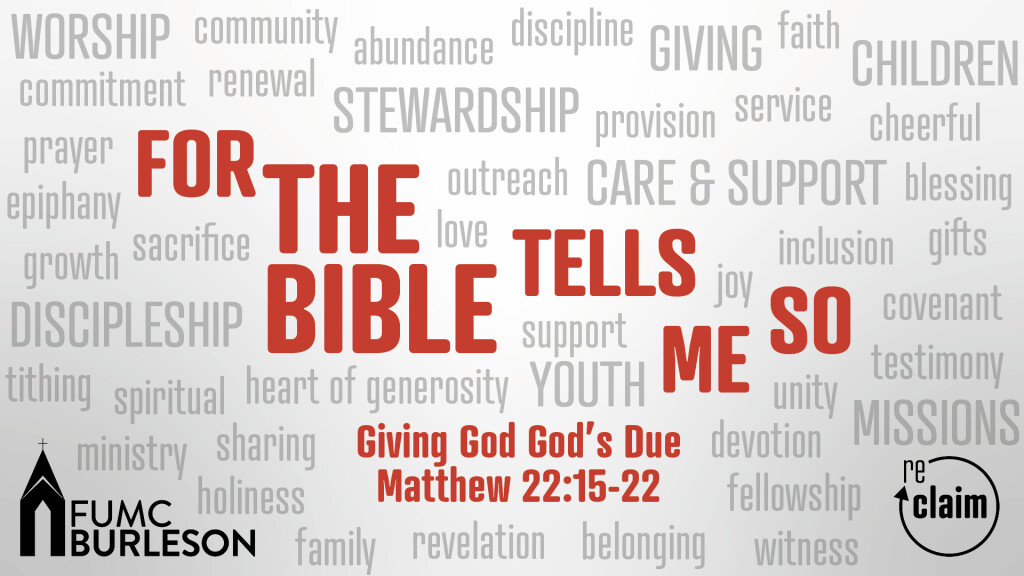
For the Bible Tells Me So
Catholic priest, professor, writer and theologian Henri Nouwen said, “Joy does not simply happen to us. We have to choose joy and keep choosing it every day.” It is a struggle to choose joy all the time every day!
We reciprocate love for God and each other in all the ways we show up, are faithful, and offer gifts and talents to be used to further the Kingdom of God on earth as it is in heaven. We choose joy because of the emotion we feel watching children parade up to the altar for children’s time as we excitedly and anxiously await their beautiful thoughts and questions. We choose joy because we have the honor to celebrate the lives of loved ones as we say farewell to them, if only for a little while. We choose joy seeing young people grappling with their faith, asking tough questions, and then claiming their faith through Confirmation. We choose joy, but the underpinning of our joy comes from the one relationship that never fails or falters, never waivers or ends, and never lets us down. That relationship is with God, experienced through the Father, Son, and the Holy Spirit.
In our new worship series, “For the Bible Tells Me So,” we focus on the things of faith and church and of God that bring joy, and how our gifts for ministry bring joy to others. The value of our gift is not in the amount, but in the heart with which it is given. We never take for granted the sacrifice we make to God to ensure the ministries of His son, Jesus Christ, are carried out through our Holy Spirited hands and feet. Whatever gift you have to offer, do so with generosity and joy - our relationship with the Savior the kindles joy in our lives.

Foundations
